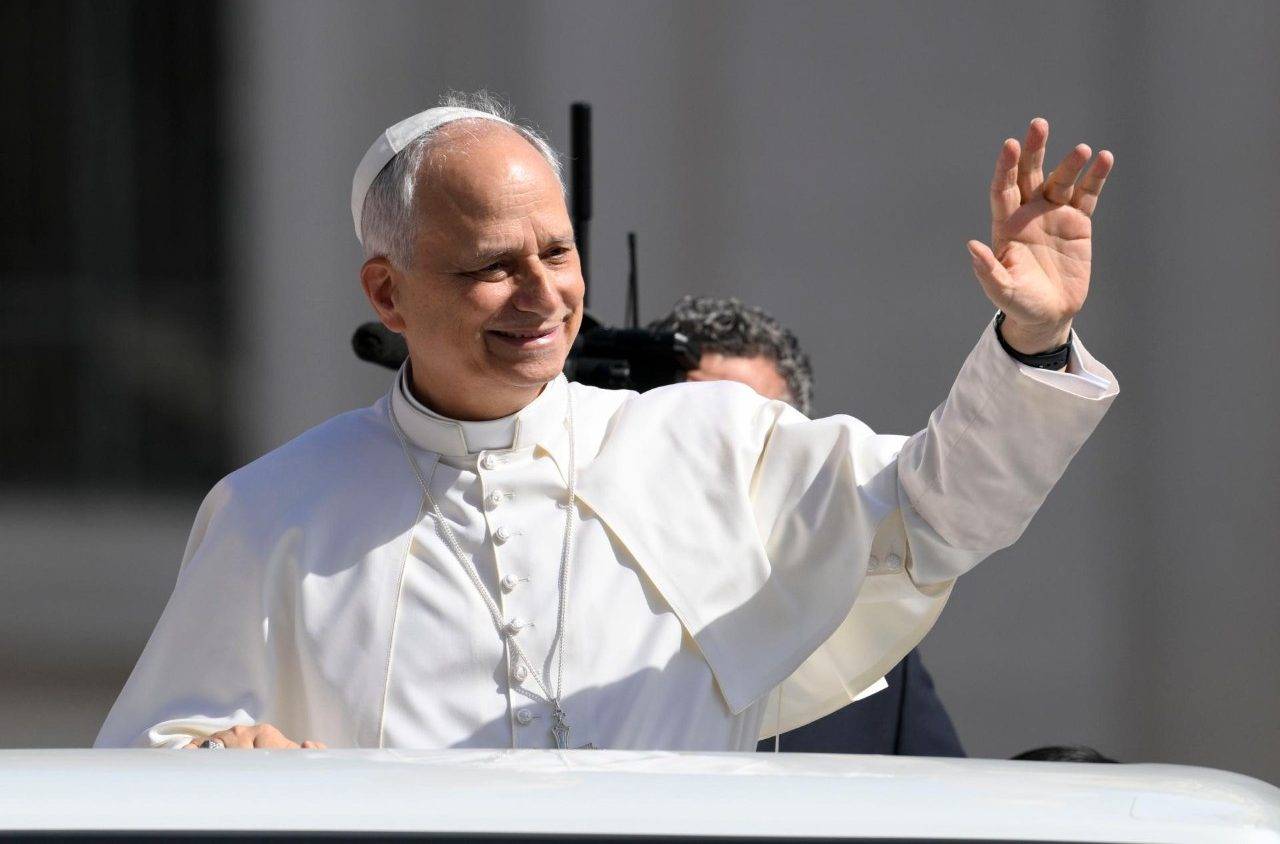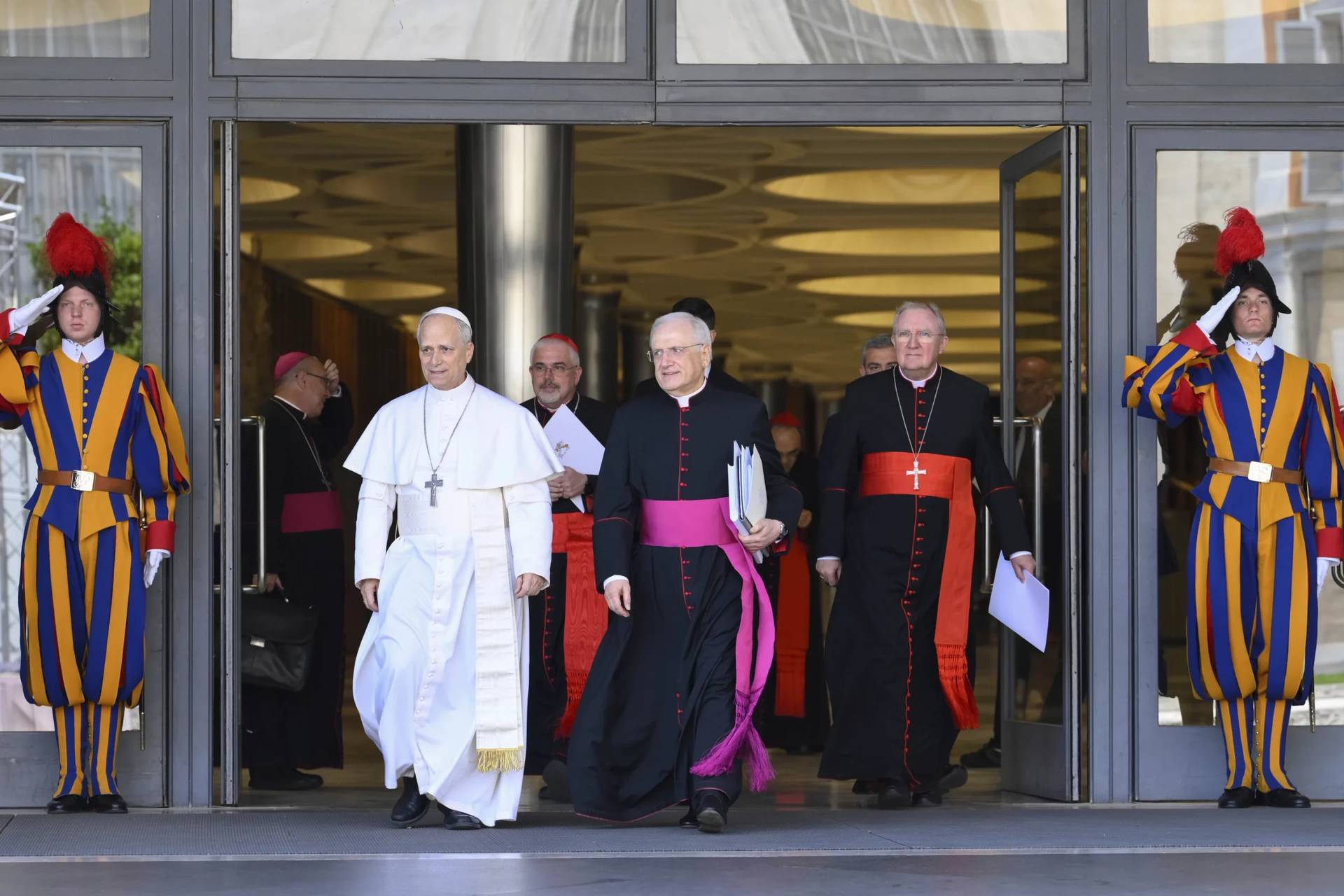ROME – Granted, not everything in life is about politics, and especially in the Catholic Church, people generally aspire to transcend a strictly Machiavellian perspective and see things through a more evangelical or spiritual lens.
If we’re to look at today’s debate in the Church over Pope Francis’s document Amoris Laetitia in purely political terms, however, a curious fact emerges: Both conservatives and liberals in the argument seem to be embracing strategies not necessarily conducive to their success.
Amoris Laetitia, of course, is the apostolic exhortation on the family issued by the pontiff earlier this year that seemingly opened the door to the idea, but didn’t quite unambiguously decree, that divorced and civilly remarried Catholics under some circumstances could be readmitted to the sacrament of Communion.
On one side of the tension are bishops who regard such a step as incompatible with the Church’s teaching that marriage is forever, some of whom have been issuing restrictive guidelines in their own dioceses. Then, there are other bishops who regard the move as legitimate and merciful pastoral practice, and also think it’s clearly what the pope wants.
Recently, four cardinals, all conventionally seen as conservatives, wrote the pope to request that he end the “confusion” and “disorientation” they claim has been generated by Amoris. One member of that group, American Cardinal Raymond Burke, has even floated the idea of a public “rebuke” of Francis if he doesn’t respond.
At face value it comes off as a curious position for those cardinals to take, because what do they really believe Francis’s answer will be if they somehow paint him into a corner and force him to speak?
It’s unlikely to be what they’re looking for – which, seemingly, is a sweeping “no” to Communion for the divorced and remarried – and one wonders why they don’t observe the old wisdom, “If you don’t want the answer, don’t ask the question.”
On the other hand, more progressive figures have recently been arguing that rather than individual bishops deciding on their own what Amoris means, bishops’ conferences should get together and develop a common approach.
That was the gist of a recent comment by Cardinal Kevin Farrell, the pope’s new point man on family issues, in response to a question from the Catholic News Service about guidelines issued in Philadelphia by Archbishop Charles Chaput. Cardinal Joseph Tobin of Newark said much the same thing in his Crux interview, suggesting the bishops should “suck it up” and figure this out together.
Both Farrell and Tobin typically are seen as center-left figures friendly to the flexibility suggested in Amoris.
Both are also, however, Americans, and here too their strategy seems a bit counter-intuitive, since it’s far from clear that a straight “yes” answer would be the majority response to emerge from the U.S. bishops if it were ever put up to some kind of vote.
The recent elections among the U.S. bishops appeared to confirm that conservatives remain a solid majority in the conference, and many American participants in the pope’s two Synods of Bishops on the family were notably lukewarm to the “Kasper proposal,” named for German Cardinal Walter Kasper, to readmit the divorced and remarried to the sacraments after some sort of “penitential path.”
In other words, you wonder why progressives would want the conference to handle this, where they’d arguably be in danger of losing (or at least not getting everything they want), rather than asking the pope to resolve the dispute, with whom their odds seem better.
Of course, there are values each side is trying to honor that go beyond a strict left/right calculus.
On the one hand is an instinct that whenever the Church appears divided, the pope must be the source and instrument for restoring unity. On the other is a desire to see the bishops’ conference function collegially, as a forum for developing a shared and better thought-out approach.
Yet the question nevertheless presents itself: Are at least some of these bishops, like generals, still fighting the last war?
For most of the last 35 years, the liberal side in Catholic debates was the champion of collegiality, decentralization and inculturation – in part, of course, because they genuinely believed in those things, but also in part because they figured if issues were settled in Rome, they’d lose. For exactly the same reason, conservatives were ardent advocates of a strong papacy and an activist Vatican.
Today, of course, things are bit upside down, moving closer to the traditional dynamics of secular American politics, where the conservatives are the “states’ rights” caucus and liberals want a strong central government.
That, at least, would appear to be the new normal in the Church, which makes it worth asking why some of the bishops currently carrying the discussion aren’t framing it that way.
Again, politics is hardly everything, but assuming Aquinas was right and grace builds on nature, then it’s not nothing either. The current situation raises the question of whether some people in the Amoris tussle are simply operating from an outdated political script…or if, perhaps, they see something the rest of us don’t.















